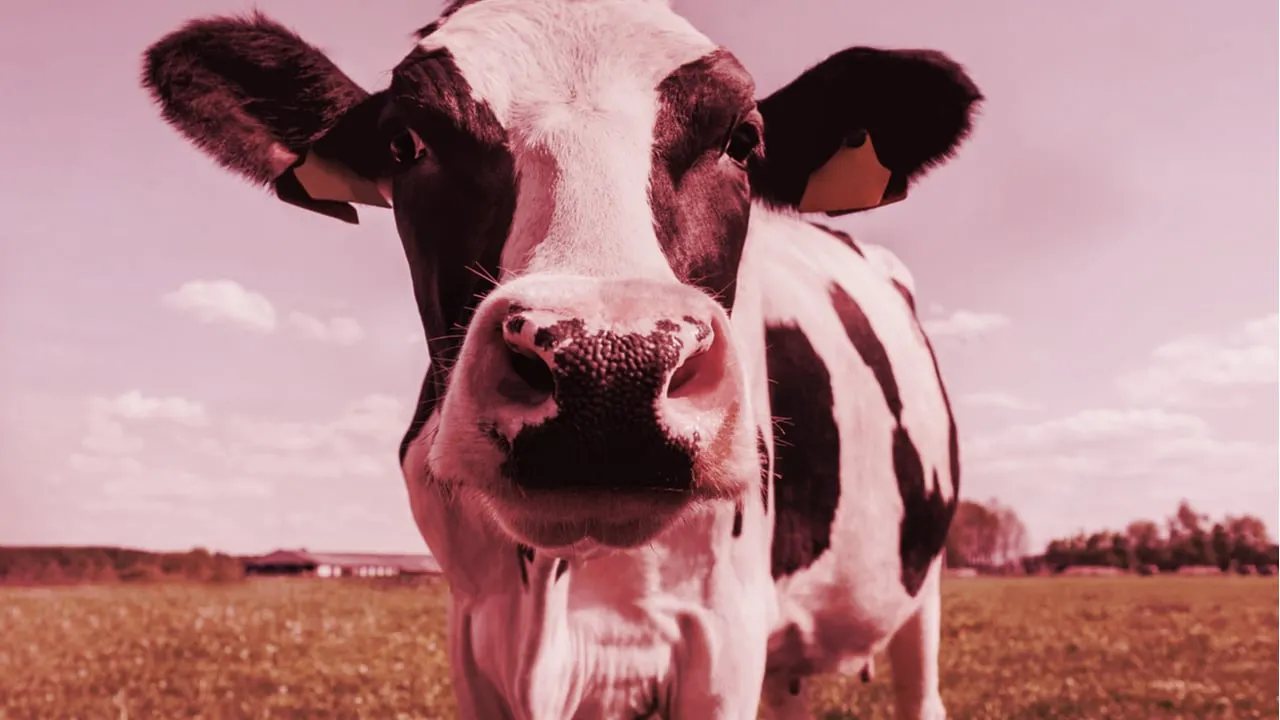In brief
- CFTC Chair Rostin Behnam testified before the Senate Agriculture Committee today about crypto.
- Many commodities are agricultural products.
- Bitcoin derivatives clearly are not.
Rostin Behnam, the chair of the U.S. Commodity Futures Trading Commission, was on Capitol Hill this morning to argue that his agency needs added legislative authority in order to effectively regulate cryptocurrency markets.
And Behnam was making his case in front of…the Senate Agriculture Committee?
No, that's not a typo. The House and Senate Agriculture Committees are charged with overseeing the CFTC. Here's why:
When the House Committee on Agriculture was formed in 1820—followed by the Senate Committee on Agriculture in 1825—the U.S. was a largely agrarian society. Over time, their duties have evolved to cover nutrition and forestry, but also the commodities produced by these industries. Think crops, meat, dairy, and wood. Commodities are goods or resources that are fungible—a barrel of oil or a bushel of wheat isn't unique like a non-fungible token (NFT).
In 1922, Congress passed the Grain Futures Act, which established the Grain Futures Administration. The agency was tasked with regulating commodity futures markets, which were operating in the same sort of Wild West as crypto is today. Essentially, in addition to buying commodities, traders wanted to speculate on their future prices. They do so by creating contracts between buyers and sellers; if the price goes up to X amount, the trade is made.
The 1936 Commodity Exchange Act went further, amending the 1922 legislation and mandating that commodity futures and options trading be conducted on regulated exchanges.
That's how, in the first half of the 20th century, the agriculture committees came to oversee financial markets—commodities derivatives were getting traded.
But if you haven't heard of the Grain Futures Administration, that's because it no longer exists; it was subsumed by the CFTC, established in 1974 under the oversight of the same committees that crafted the 1922 and 1936 acts. The Commodity Futures Trading Commission is responsible for all derivatives markets, not just agricultural commodities. Want to hedge your Bitcoin holdings by holding an options contract to sell? You're in CFTC territory.
And the Senate Agriculture Committee has something to say about that.

